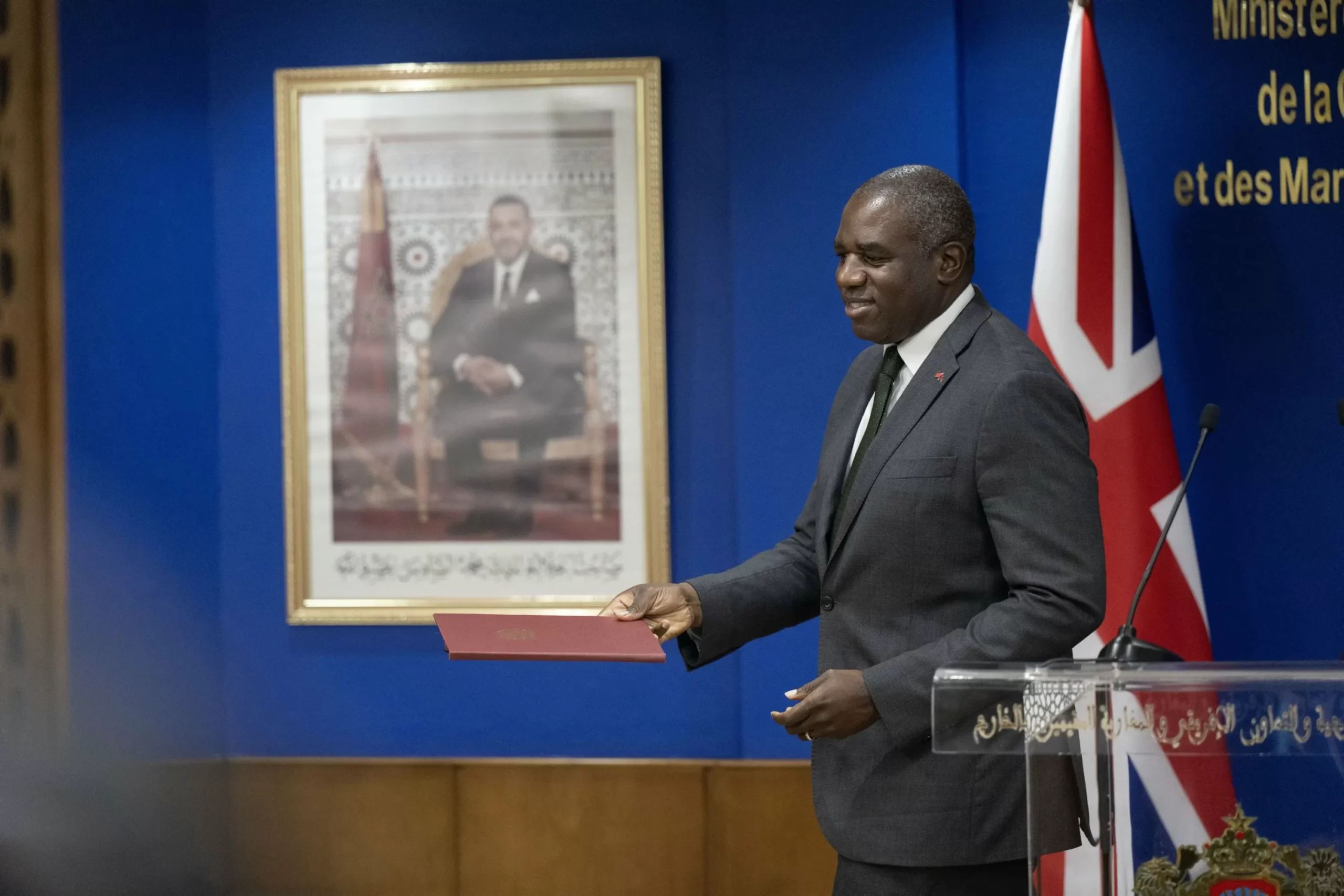The United Kingdom has taken a significant step in its foreign policy by formally endorsing Morocco’s 2007 autonomy plan for Western Sahara. This move marks a departure from the U.K.’s longstanding neutrality on the issue and aligns it with other major powers such as the United States, France, and Spain in supporting Morocco’s stance.
The U.K.’s decision to back Morocco’s autonomy plan was announced by Foreign Secretary Dominic Raab during a recent visit to Rabat. In a joint press conference with his Moroccan counterpart, Nasser Bourita, Raab stated that the U.K. recognizes Morocco’s efforts to find a peaceful and lasting solution to the Western Sahara conflict.
This endorsement is a significant development in the decades-long dispute over Western Sahara, a former Spanish colony that has been claimed by both Morocco and the Polisario Front, a Sahrawi liberation movement. The U.K. had previously maintained a neutral stance on the issue, but this latest move signals a shift in its position.
The autonomy plan proposed by Morocco in 2007 offers Western Sahara a high degree of self-governance while remaining under Moroccan sovereignty. It also includes measures to protect the rights and culture of the Sahrawi people. The plan has been praised by many as a credible and realistic solution to the conflict.
The U.K.’s endorsement of the autonomy plan is a testament to the strong and longstanding relationship between the two countries. Morocco and the U.K. have a history of close cooperation in various fields, including trade, security, and cultural exchange. This latest move further strengthens their ties and demonstrates the U.K.’s trust in Morocco’s leadership and commitment to regional stability.
The U.K.’s decision has also been welcomed by the international community, with the United Nations Secretary-General Antonio Guterres expressing his appreciation for the U.K.’s support for the autonomy plan. The U.N. has been actively involved in efforts to resolve the Western Sahara conflict and has repeatedly called for a political solution based on compromise and dialogue.
The U.K.’s endorsement of the autonomy plan is a significant diplomatic victory for Morocco. It not only reinforces the legitimacy of Morocco’s position but also puts pressure on other countries to follow suit. The U.S., France, and Spain have already expressed their support for the autonomy plan, and the U.K.’s decision further strengthens the international consensus on the issue.
Moreover, the U.K.’s endorsement sends a clear message to the Polisario Front that the international community recognizes Morocco’s sovereignty over Western Sahara. The Polisario Front has long sought independence for Western Sahara and has rejected the autonomy plan, but with the U.K.’s backing, it is becoming increasingly isolated in its stance.
The U.K.’s endorsement of the autonomy plan also has significant implications for the stability and development of the region. The Western Sahara conflict has been a source of tension and instability in North Africa for decades, and a resolution to the issue is crucial for the progress and prosperity of the region. The U.K.’s support for the autonomy plan is a step towards achieving this goal.
In conclusion, the U.K.’s formal endorsement of Morocco’s 2007 autonomy plan for Western Sahara is a significant development that has far-reaching implications. It not only strengthens the relationship between the U.K. and Morocco but also reinforces the international consensus on the issue. This move is a positive step towards finding a peaceful and lasting solution to the Western Sahara conflict and promoting stability and development in the region.





![Complete BritRail Pass Guide [Types, How to Use It, Pros + Cons]](https://inside-news.uk/wp-content/uploads/2025/06/00221EB4-BCA2-4DBB-6CD4-83DBC37D71FA-120x86.webp)















